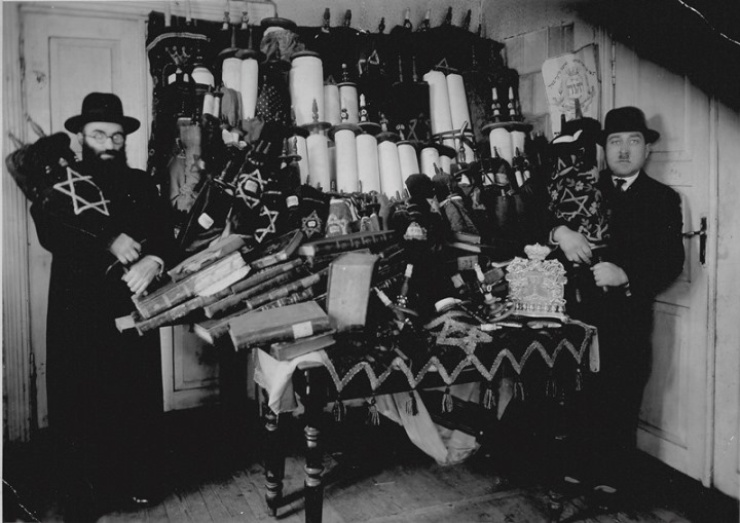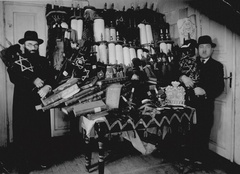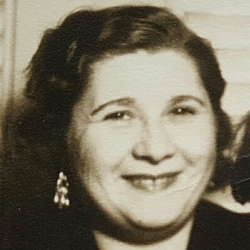Suwalki
Pronounced “Soo-VAHW-kee” (Lithuanian: Suvalkai, Russian: Сувалки, Belarusian: Сувалкі, German: Suwalken, Yiddish: סואוואַלק / Suvalk, Hebrew: סובאלק)
Previously part of the Polish-Lithuanian Commonwealth, the village of Suwałki was annexed to the Russian Empire in 1815. Less than a hundred Jews lived in the village of about 1,000 people.
Over the next few decades the fledgling Jewish community continued to grow, despite restrictions on where Jews were allowed to live. The “Old Shul” synagogue was organized in 1821 and by 1827 the approximately 1,200 Jews made up about a third of the town’s total population. Jewish traders and merchants established a central role in the town’s economy. Newspapers from the 1800s show hotel advertisements printed in German, Hebrew and the Jewish language of Yiddish.
By the 1860s, the prospering Jewish population of Suwałki had grown to more than 60 percent of the town’s population of roughly 10,000 people. Jewish community institutions included a hospital, old-age home and multiple Jewish schools.
However, the community also faced periods of strife including the famine of 1868-1870 which caused suffering across the Russian Empire. Growing anti-Jewish sentiment in the late 1800s caused many Jews to emigrate to places such as South America, Sweden, South Africa and the United States. Others joined the strengthening Zionist movement that advocated for an independent Jewish state in the Middle East.
After World War I (1914-1918), Suwałki became part of the newly independent country of Poland. In the 1920s, the thriving Jewish community counted 27 prayer houses, a Jewish sport club and a number of Jewish schools that ranged from kindergarten through high school. From 1925 to 1939, Jews held about a quarter of the seats on the city council, roughly reflecting their proportion of the total population.
Unfortunately, the same period also saw a resurgence of anti-Jewish sentiment, especially after Adolf Hitler became the Chancellor of Germany in 1933. In 1935, the antisemitic National Democracy (Endek) party spread anti-Jewish slogans and encouraged a boycott of Jewish businesses. Attacks on Jewish proprietors encouraged a second wave of emigration to the United States, South America and Palestine.
World War II began when Germany invaded Poland on September 1, 1939. To escape the Nazis, around 3,000 Jews fled Suwałki for nearby territories under Soviet control. Most would be killed after Germany invaded the Soviet Union in the summer of 1941. Survivor Rica Penn, who had herself fled to Lithuania, survived the war by hiding in the forest with her husband and his family.
In December 1939, any Jews who remained in Suwałki were forced onto trains headed for towns in central Poland. From there they would be sent to the concentration camps. These included Penn’s parents and sister who were murdered at Auschwitz in 1942. Today no Jews live in the town.
Suwalki: Photographs & Artifacts
-
 Rabbi Lifszyc (left) and another man pose in front of a cabinet full of Torah scrolls that were smuggled out of Suwałki, 1940. Credit: United States Holocaust Memorial Museum, courtesy of Chaya Lifshitz Waxman
Rabbi Lifszyc (left) and another man pose in front of a cabinet full of Torah scrolls that were smuggled out of Suwałki, 1940. Credit: United States Holocaust Memorial Museum, courtesy of Chaya Lifshitz Waxman

